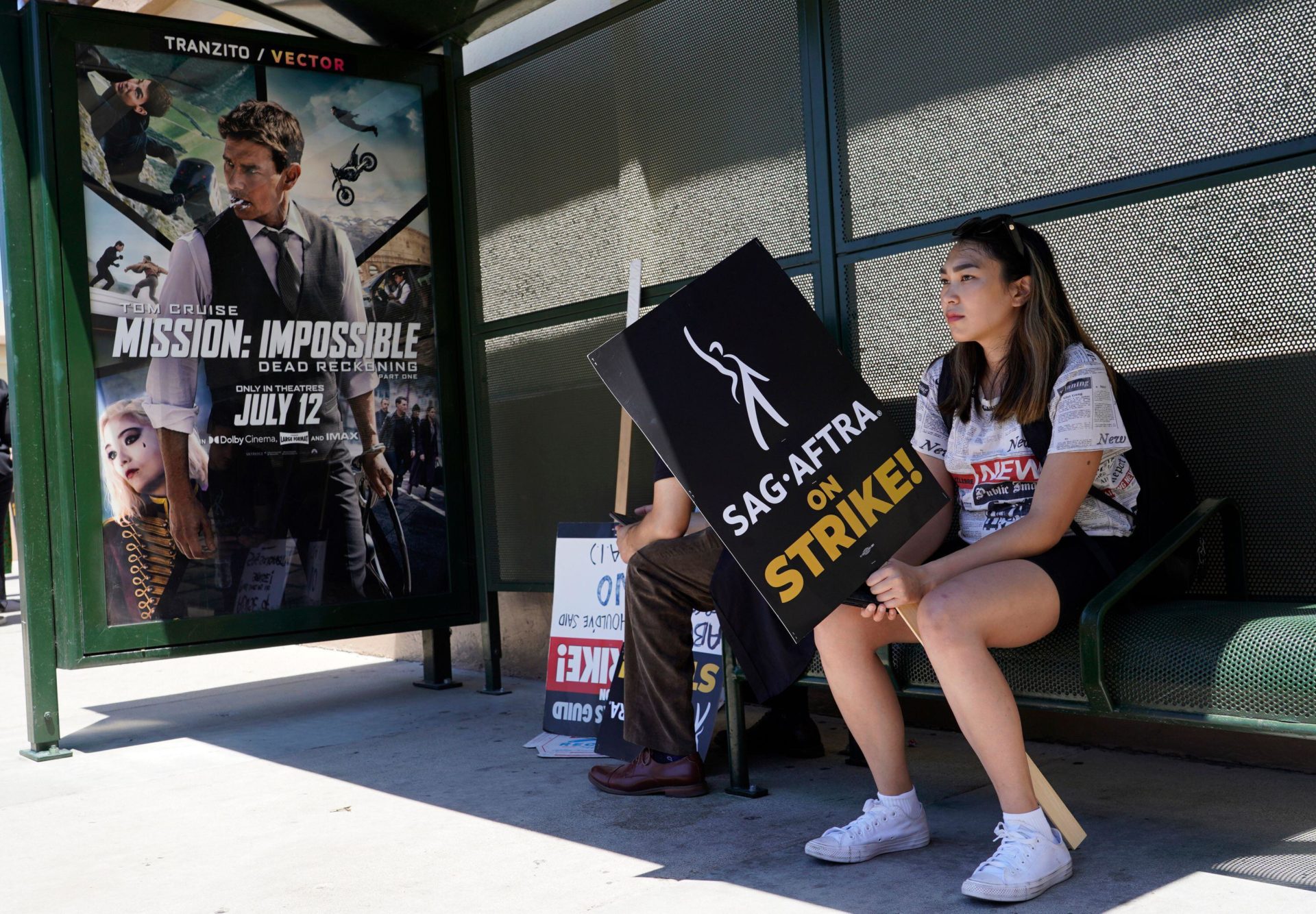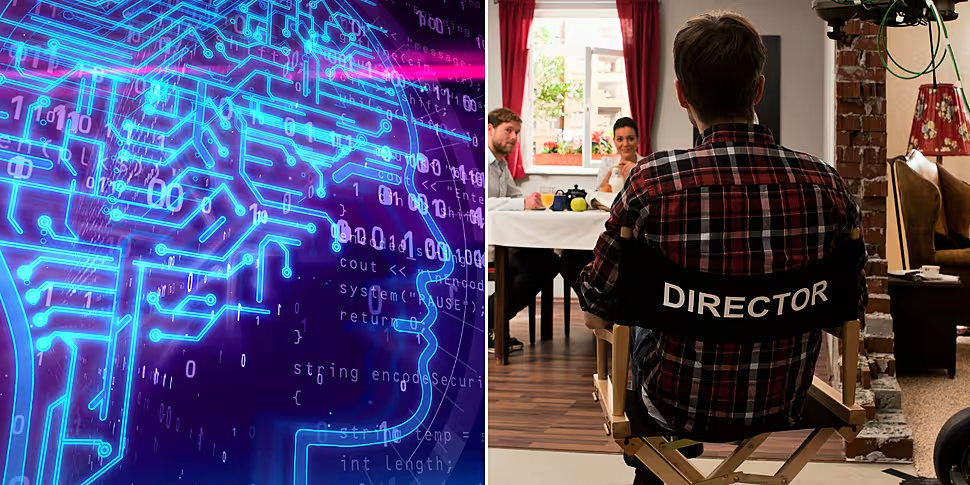The rise of artificial intelligence could pose a significant threat to actors in Hollywood, particularly background actors who rely on work as extras.
“One of the big concerns here is that [actors] could be replaced by artificial intelligence,” she told Professor Luke O’Neill on The Anton Savage Show.
“If you’re an extra in a film, normally you get a few bobs, you hang around on set, it's a great way to kind of get the experience.
“But now there's talk of you as an extra getting paid 200 quid a day, and they scan your body and then they can put you into any movie that they want.”
Performances
Jess said background actors are concerned they’ll lose opportunities to enter the industry – and established actors say AI could never replace award-winning performances.
“Just because they can do this doesn't mean you're going to get the same level of performance,” she said.
“If you scan me and if you use an AI model of my voice, are you going to get the same level of emotion?
“One of the best things about Succession was how Brian Cox said the F word - will the AI be able to say it with such vitriol and hate and passion?”
'Seesaw'
Finding use for technology in the creative industry is a tight balancing act, according to Jess.
“It's going to be a seesaw of trying to balance embracing the benefits of it,” she said.
“If you're an actor and you don't want to do a voiceover for a retake that you've shot 17 times just because the sound wasn't perfect, absolutely bang the AI in there.”
Despite that, AI also has deeply ethical issues - such as the use of “deepfakes”, which allows technology to easily put the face of someone on another person’s body.
“As we approach another US presidential election, I think this is going to be a massive issue,” Jess said. “Imagine what someone with an agenda could get out there.”
 SAG-AFTRA member taking part in the actors and screenwriters' strike for increased residuals. Image: Associated Press / Alamy Stock Photo.
SAG-AFTRA member taking part in the actors and screenwriters' strike for increased residuals. Image: Associated Press / Alamy Stock Photo.Jess noted the current Screen Actors’ Guild strikes are in large part due to the fears workers have over AI.
“[But] I don't think they're going to get a conclusion,” she said. “Whatever is agreed now, I would bet my bottom dollar that we're going to see this again in two to five years because the technology will have evolved so much.”
You can listen back here:









